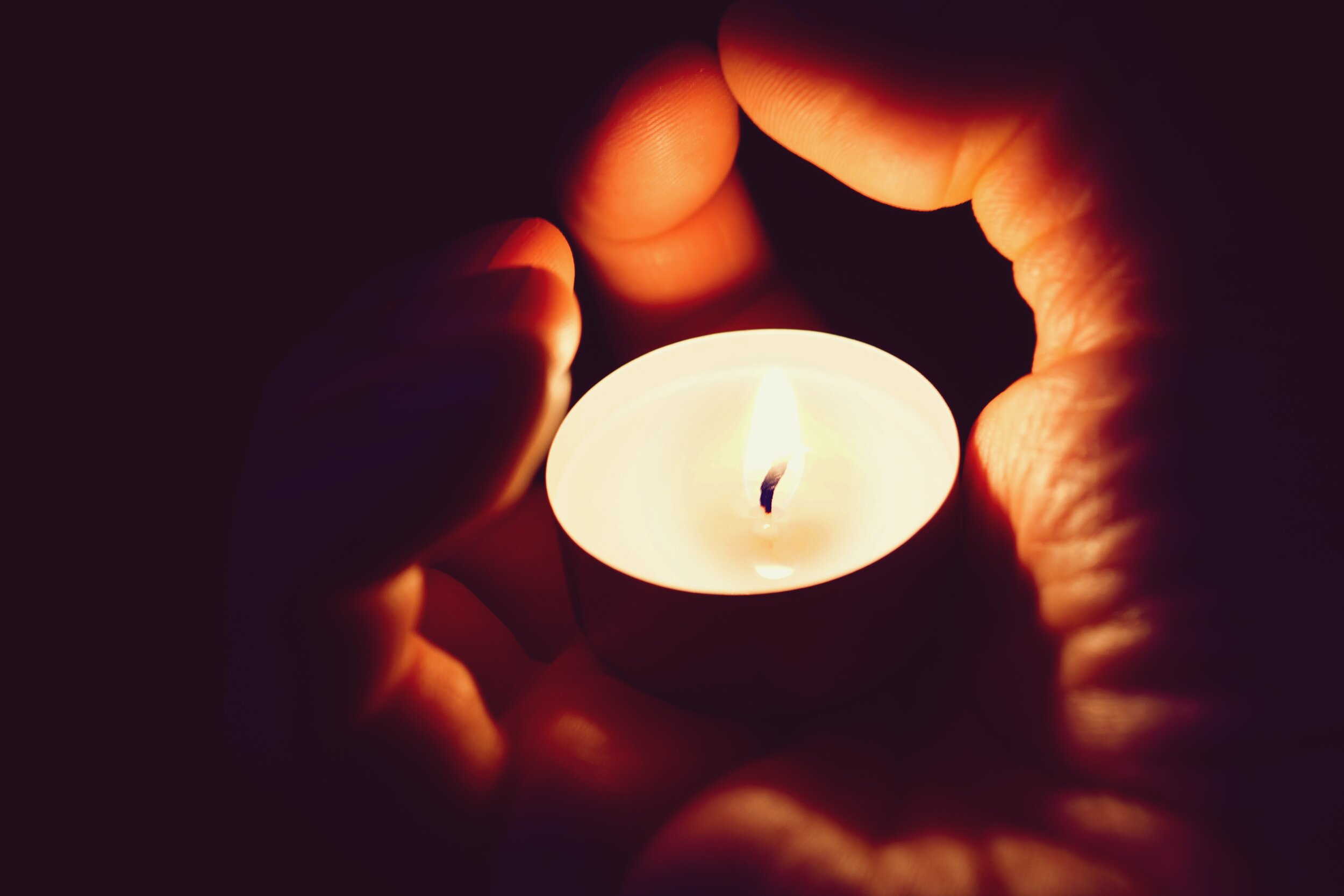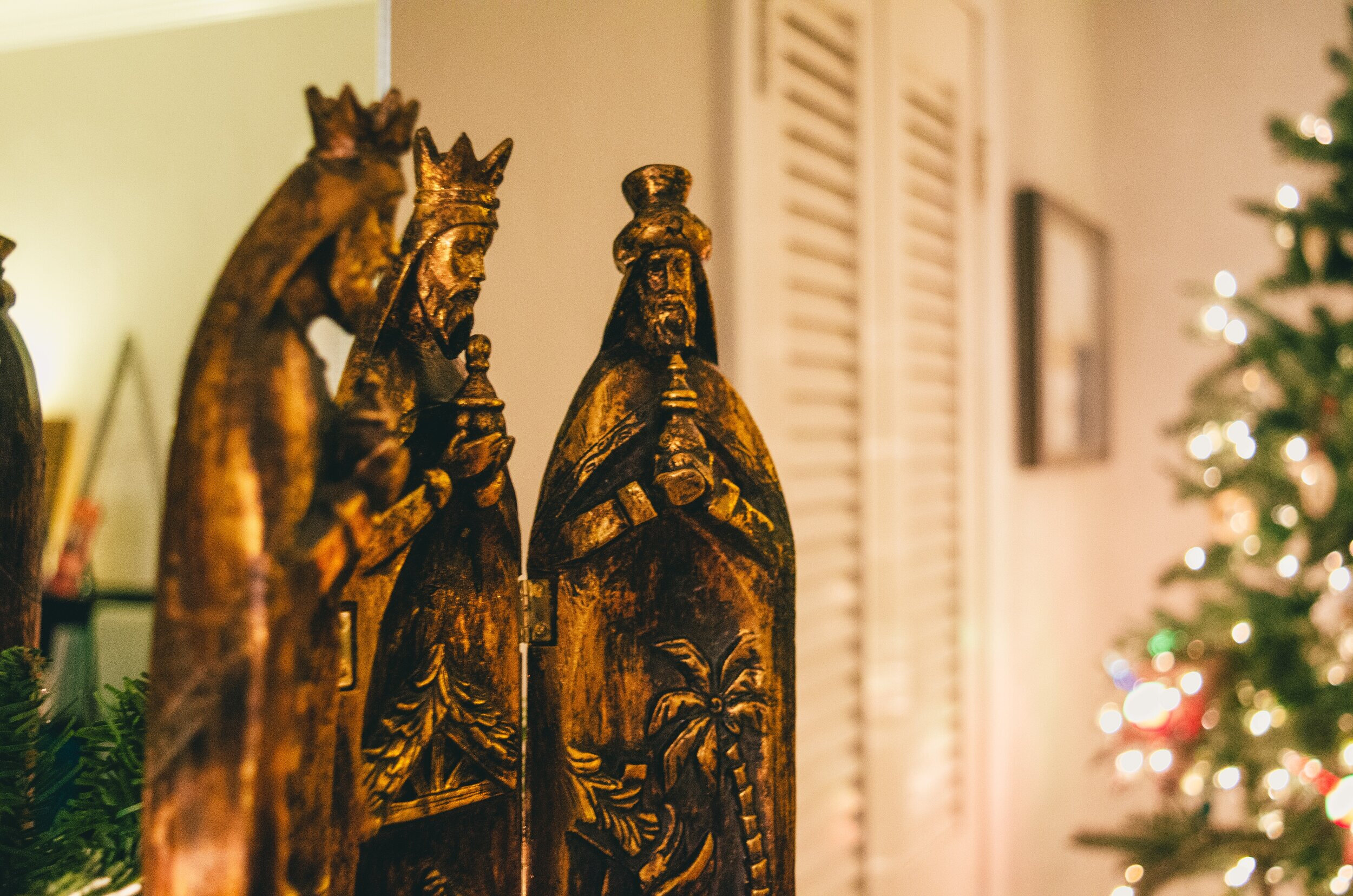by Rev. Carole Horton-Howe
Please note that the following sermon text was provided prior to the audio recording. The two versions may differ substantially.
Luke 4:21-30
Jesus began to speak in the synagogue at Nazareth: “Today this scripture has been fulfilled in your hearing.” All spoke well of him and were amazed at the gracious words that came from his mouth. They said, “Is not this Joseph's son?”
He said to them, “Doubtless you will quote to me this proverb, 'Doctor, cure yourself!' And you will say, 'Do here also in your hometown the things that we have heard you did at Capernaum.'“ And he said, “Truly I tell you, no prophet is accepted in the prophet's hometown. But the truth is, there were many widows in Israel in the time of Elijah, when the heaven was shut up three years and six months, and there was a severe famine over all the land; yet Elijah was sent to none of them except to a widow at Zarephath in Sidon. There were also many lepers in Israel in the time of the prophet Elisha, and none of them was cleansed except Naaman the Syrian.”
When they heard this, all in the synagogue were filled with rage. They got up, drove him out of the town, and led him to the brow of the hill on which their town was built, so that they might hurl him off the cliff. But he passed through the midst of them and went on his way.
Let us pray:
Holy God, give us wisdom to perceive you, intelligence to understand you, diligence to seek you, patience to wait for you, eyes to see you, a heart to meditate on you, and a life to proclaim you, through the power of Jesus Christ our Lord. Amen.
We’ve just prayed the simple but powerful prayer of St. Benedict. And it speaks beautifully to what happens in the gospel today which is “the rest of the story.” Last Sunday we heard about Jesus reading in his hometown synagogue from Isaiah. His closing affirmation last week is what opens our reading this week.
Jesus tells them stories to remind them that that they were the people chosen by God to live their lives in a way that shows the faith, hope, and love that God desires for all people. What he is saying with all these stories and proverbs is, in effect, “Get with it. Be a companion of those who are brokenhearted. Give hope to those without vision. Work to free the oppressed. Forgive people from their debts. Live that kind of life. You are already God’s people called to do God’s work, just like me.”
The wonderful thing about these Epiphany gospel lessons is that they don’t paint an entirely pretty picture for us. They also take into account the pitfalls we encounter on our own epiphany journeys. Luke does not want us to believe it’s a simple and painless process - even for Jesus Christ. He even begins with those famous cautionary words, “no prophet is accepted in the prophet’s hometown.” Preaching to the people of Nazareth, his own hometown, Jesus tells of the work of the prophets Elijah and Elisha, and of how they were able to help isolated sufferers, but by no means all of the people who were in need. These were not stories the folks in the synagogue that day wanted to hear – especially from one of their own.
They cannot see beyond the little kid from the neighborhood who is grew up playing with their kids. Now one of their own is enjoying fame as a beloved rabbi, healer and miracle worker. That’s all they want to see and hear from him. But as it happened, there was no Epiphany moment for those people in that place.
I wonder if you have every felt an Epiphany moment of understanding who you are and who you are called to be in spite of how others saw you – or couldn’t see you? I hope so. I think many of us have. It’s almost like getting a new pair of glasses that shows you secret things that are really happening so that you finally understand your true promise and potential, the truth of God’s dream for you. And once you’ve looked through those lenses – whether it’s an epiphany about yourself or someone else - your life is transformed. You can relax into the way forward that is so clear. And you just don’t go back.
I’ve told this story before about my own Epiphany. Please forgive me if you’ve heard it before. I was Assisting Chaplain at a retirement community while I was in seminary. Understandably, we did many memorial services. At one of these, the chaplain and I greeted the friends and family as they. One of them was a priest who sat down in the family section. He was in collar and black suit. The senior chaplain didn’t recognize him.
At the reception after the service, I eagerly went to talk to him. In the conversation we talked about chaplain work and I told him I was a postulant for the priesthood. He scoffed and looked down at me. He was quite tall. And said “you cannot be a priest.” In my naiveté, I thought he just didn’t understand the ordination process and so I said “well yes, I’m a postulant and God willing will be ordained in a couple years.” He cut me off, looked down his nose at me and said with great disdain. “As a woman, you cannot possibly consecrate the sacrament. You are improper matter for priesthood.”
I was so shocked. In my mind I ran through possible explanations… he’s joking… he didn’t hear me… he doesn’t understand the process… And then the last and correct one, he can’t see me. He’s set into archaic and rigid ideas about who God calls to ordained ministry. No Epiphany moment for him. But the start of quite a big one for me.
After absorbing the shock wave of his words, the meanness of what he said set in. He was a priest. And I started to question my call. Was he right? Was he some kind of messenger with a truth that I needed to pay attention to? Up until that time, everyone I knew supported me and was cheering me on. But was he right?
I spent considerable time in prayer and reflection, talking to my mentor and my spiritual director. And I came to understand the depth and certainty of my own call to ministry and what it was going to take in a way I never had. I grew so much closer to God. I understood with crystal clarity that God had called me, was with me in the process no matter what, no matter who. My response to him if I could have a “do-over” would be simple. “And yet, I’m here. I’m called by God and I’m here.” As Brene Brown says so well “don’t puff up, don’t shrink back. Stand your sacred ground.” My Epiphany was in standing the sacred ground of the knowledge of God’s love and support for me.
The Epiphany moment is not the end of the story for any of us. Just as Jesus passed through the crowd in the power of God’s protection to move forward with his ministry, epiphanies are a process through seasons of understanding. It’s thrilling to recognize them and continually call on their lessons to empower our lives.
They come in all sizes. We remember most vividly the “burning bush” moments but it’s really the small epiphanies that mean the most. Because the things that reveal God are woven seamlessly into the fabric of ordinary life. One of our Soup Hour guests who gets his mail here asked me one early morning if he could have his mail. I should have told him to wait until 2:00. That’s the rule. But I had an Epiphany moment when I realized how great his need was compared with the minimal effort it would take me to go look in his mailbox. Mail is hope for meaningful connection with others. How could I deny him that? I also saw my own privilege. I can go get my mail any time. I can walk out to my mailbox at midnight if I want to. But for him it’s Monday through Friday 2 to 4. That’s all he has.
In this time of on-going conflicts among nations, among families and groups of friends, where people are slow to imagine that they might listen and learn from someone who acts or speaks differently than they do, what if we were open to hearing the spirit’s voice in the words and actions of others? Would we see scripture fulfilled right in front of us? Could we go beyond the boundaries just like Elijah, Elisha, and Jeremiah did? If we did, perhaps we would could answer our call to being good news.
May God grant us wisdom to perceive, intelligence to understand, diligence to seek, patience to wait, eyes to see, and a life to proclaim God’s love, through the power of Jesus Christ our Lord. Amen
















